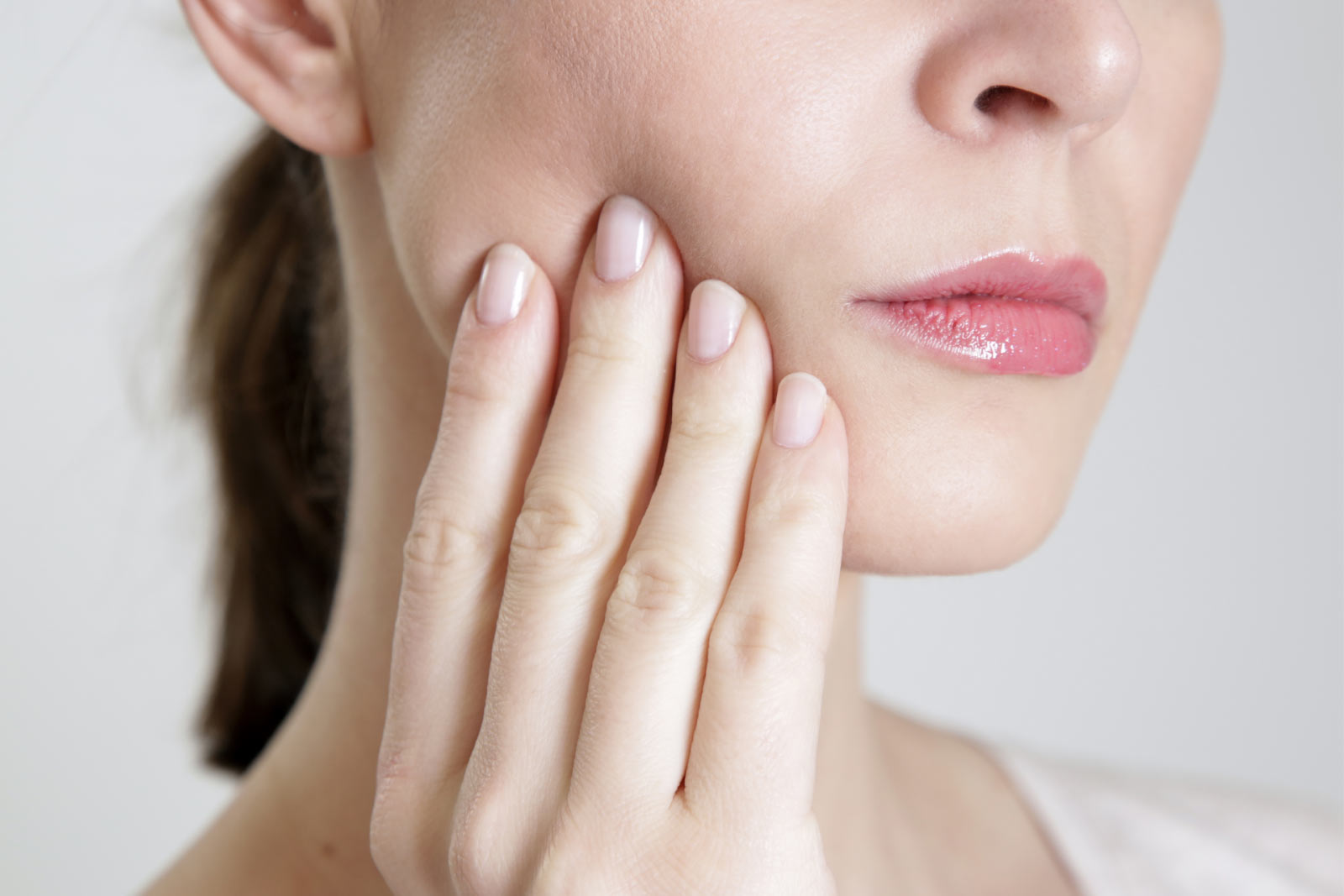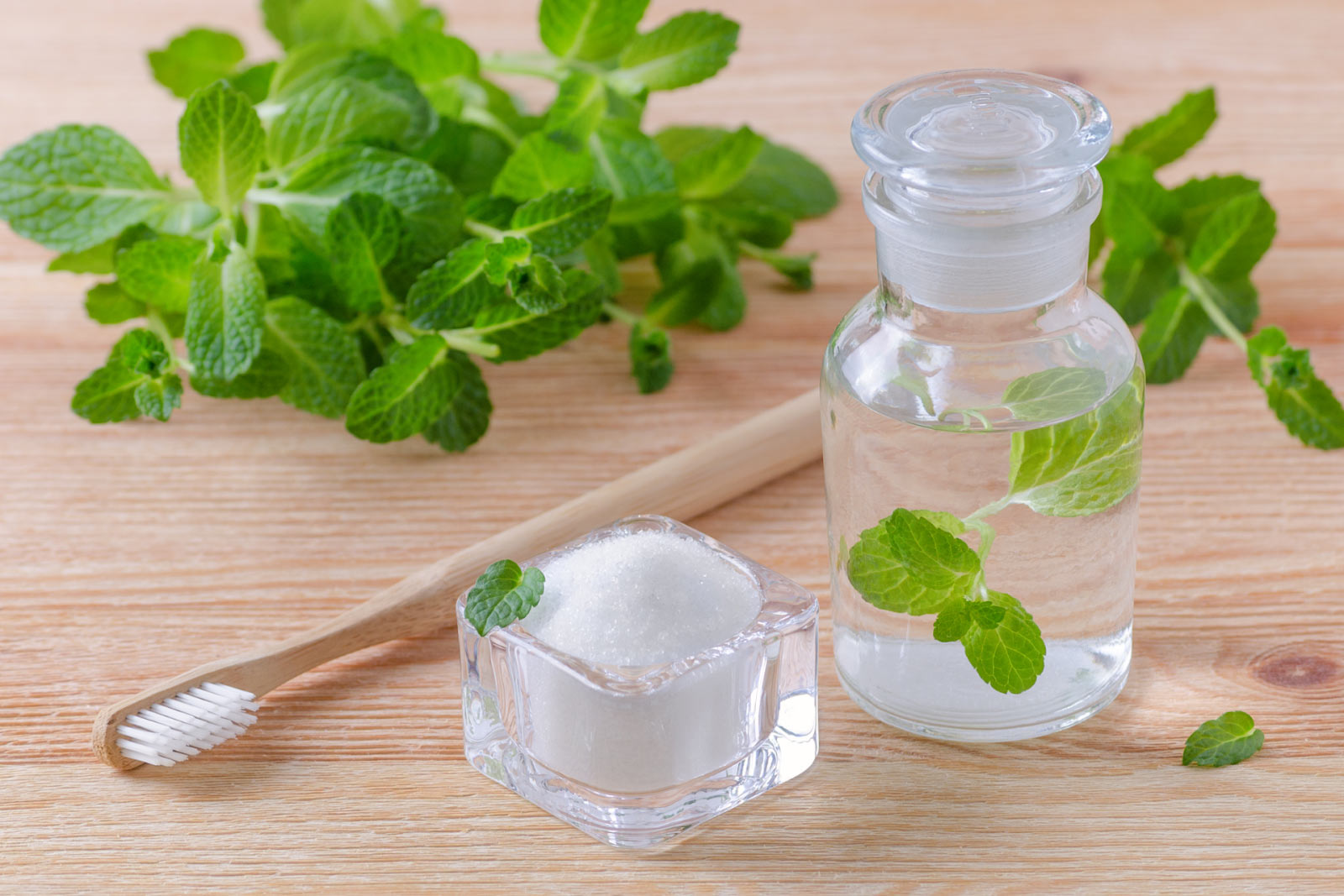Medications are meant to help you feel better, whether you are suffering from allergies or you are undergoing treatment for depression. However, some medications do come with a few undesirable side effects. Some common oral side effects include dry mouth, gum swelling, and mouth sores. These side effects can be uncomfortable, but there are a number of ways you can prevent or treat them.
In our newest blog post, the best dentist in Pittsburgh — Dental & Aesthetics of Pittsburgh — reviews common oral side effects of medications and how you can address them.
Common Oral Side Effects
Dry mouth, swelling, and other side effects might occur

Different medications can cause a number of unpleasant oral side effects, such as:
- Dry Mouth
- Swollen Gums AKA Gingival Overgrowth
- Mouth Sores
- Bleeding
- Tooth Decay and Cavities
- Thrush
- Bone Loss
- Altered Sense of Taste
Dry Mouth
Dry mouth occurs when your salivary glands stop producing enough saliva to help your mouth stay wet. Symptoms of dry mouth include having a dry and sticky feeling in your mouth, stringy saliva, and bad breath. For some people, dry mouth is an irritating but manageable oral problem. However, dry mouth can lead to tooth decay and mouth sores over time.
Swollen Gums AKA Gingival Overgrowth
Gingival overgrowth occurs when your gums begin to grow over your teeth. This uncomfortable condition can usually be treated by improving one’s oral hygiene. However, more extreme cases of gingival overgrowth can only be treated with surgery.
Mouth Sores
Some medications can also cause mouth sores, which are also sometimes referred to as canker sores and ulcers. These sores can appear anywhere in your mouth, such as your gums or tongue. These sores usually only last about a week or two.
Bleeding
Bleeding gums can also develop as a result of taking certain medications. This can occur from sensitive and swollen gums. For instance, some patients develop swollen gums from their medication, which then makes them vulnerable to bleeding. If you vigorously brush or floss your teeth, this could also be causing your bleeding gums.
Tooth Decay and Cavities
A number of drugs can cause serious dental issues like tooth decay and cavities. Sometimes this occurs because your medication dries your mouth out, thus making it vulnerable to oral problems.
Thrush
Some medications can leave you vulnerable to developing an oral yeast infection, also known as thrush. Thrush is caused by a mouth fungus that typically appears as a white spot on your mouth or tongue.
Bone Loss
In extreme cases, your medication can cause bone loss in your mouth. Symptoms of bone loss include loose teeth, a swollen jaw, and exposed bone.
Altered Sense of Taste
Certain medications can warp your sense of taste. You might feel a metallic or bitter taste in your mouth, for instance. These drugs can also make some food taste different or saltier than usual.
Medications That May Cause Oral Side Effects
The best dentist in Pittsburgh reviews medications that can affect your oral health

A wide range of medications can cause unpleasant oral side effects. Everything from vitamins to prescribed drugs can alter your mouth health. Blood thinners like Aspirin, for instance, can cause your mouth to bleed. Anti-depressants are known to dry out the mouth.
Some people struggle with these side effects while others don’t experience any at all. If you start to experience any oral symptoms after you begin taking a certain medication, they might be side effects.
Some medications that are known for causing oral issues include:
- Anti-depressants, sedatives, and pain medications may cause dry mouth
- Nicotine patches and central nervous system stimulants have been known to alter the taste buds
- Anti-seizure medications can cause gum swelling
- Sugary medications like cough drops and vitamins should be monitored to prevent cavities
- Corticosteroids and anti-epileptic drugs can lead to bone loss in the mouth
Tips for Treating Undesirable Oral Side Effects
A quick guide to dealing with oral issues by the best dentist in Pittsburgh

You don’t have to suffer through these oral issues. For many of them, you can take simple preventative measures for keeping your mouth healthy and clean. However, other issues might require you to take special oral medication in addition to your regular dental hygiene habits. If you are experiencing unpleasant oral side effects from your medication, try out these tips below:
- See if you can switch your medication out
- Remember to drink plenty of water throughout the day and avoid caffeinated beverages to help treat dry mouth
- Ask your dentist about using an antifungal mouthwash to help treat thrush
Dealing with oral side effects of medication is never pleasant. But there are effective ways you can treat them. Want more tips on taking care of your oral health? Contact the team at Dental & Aesthetics of Pittsburgh today to schedule an appointment.

